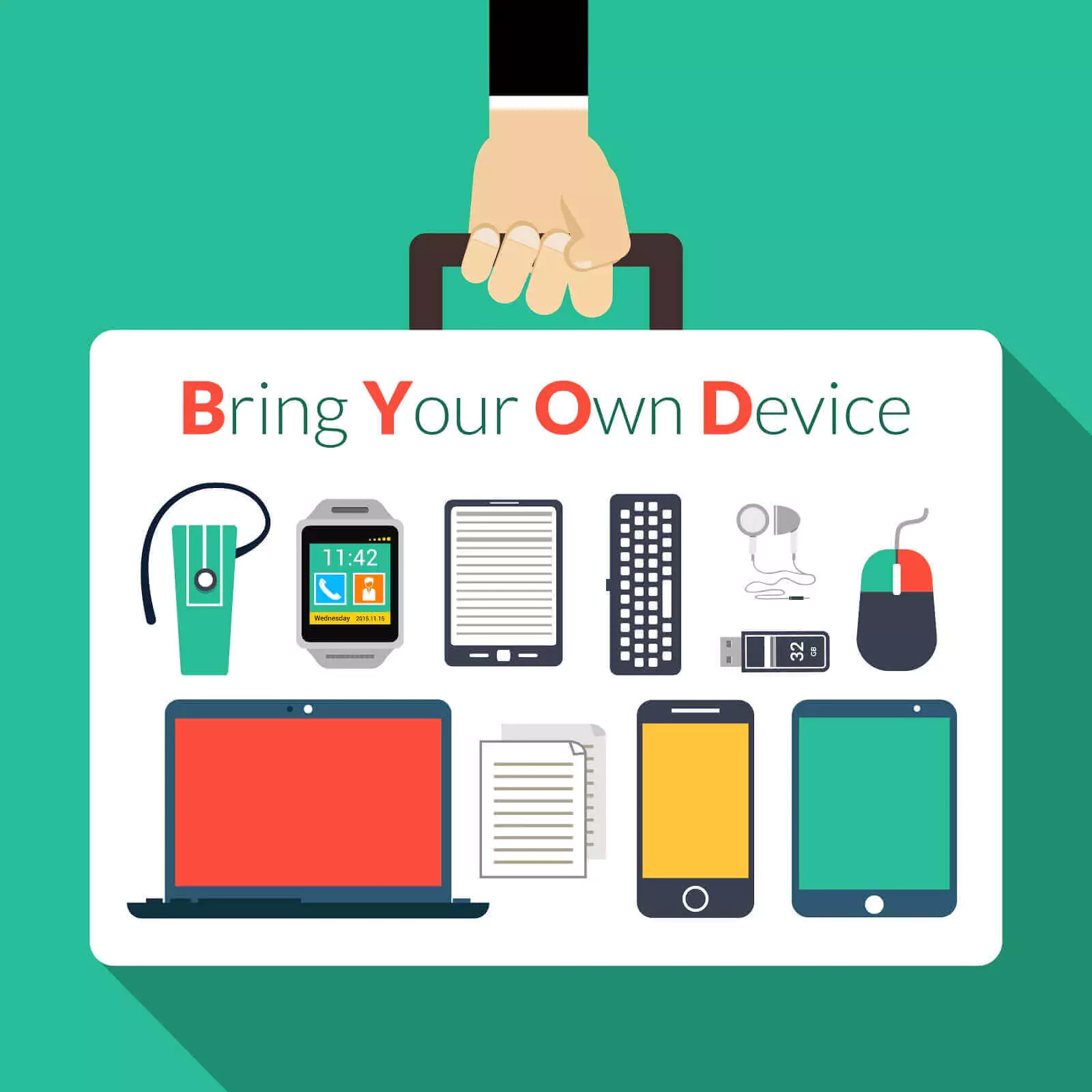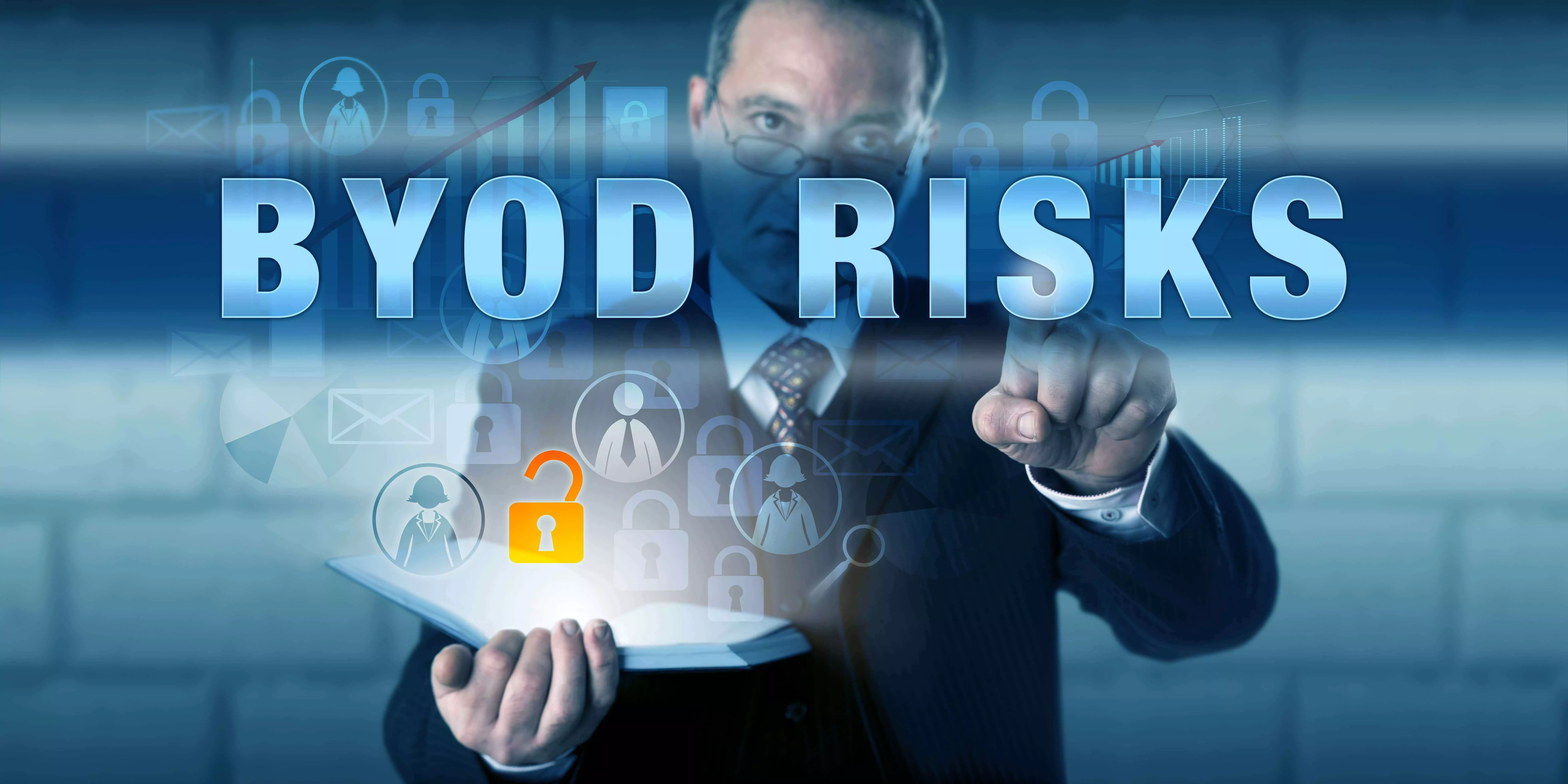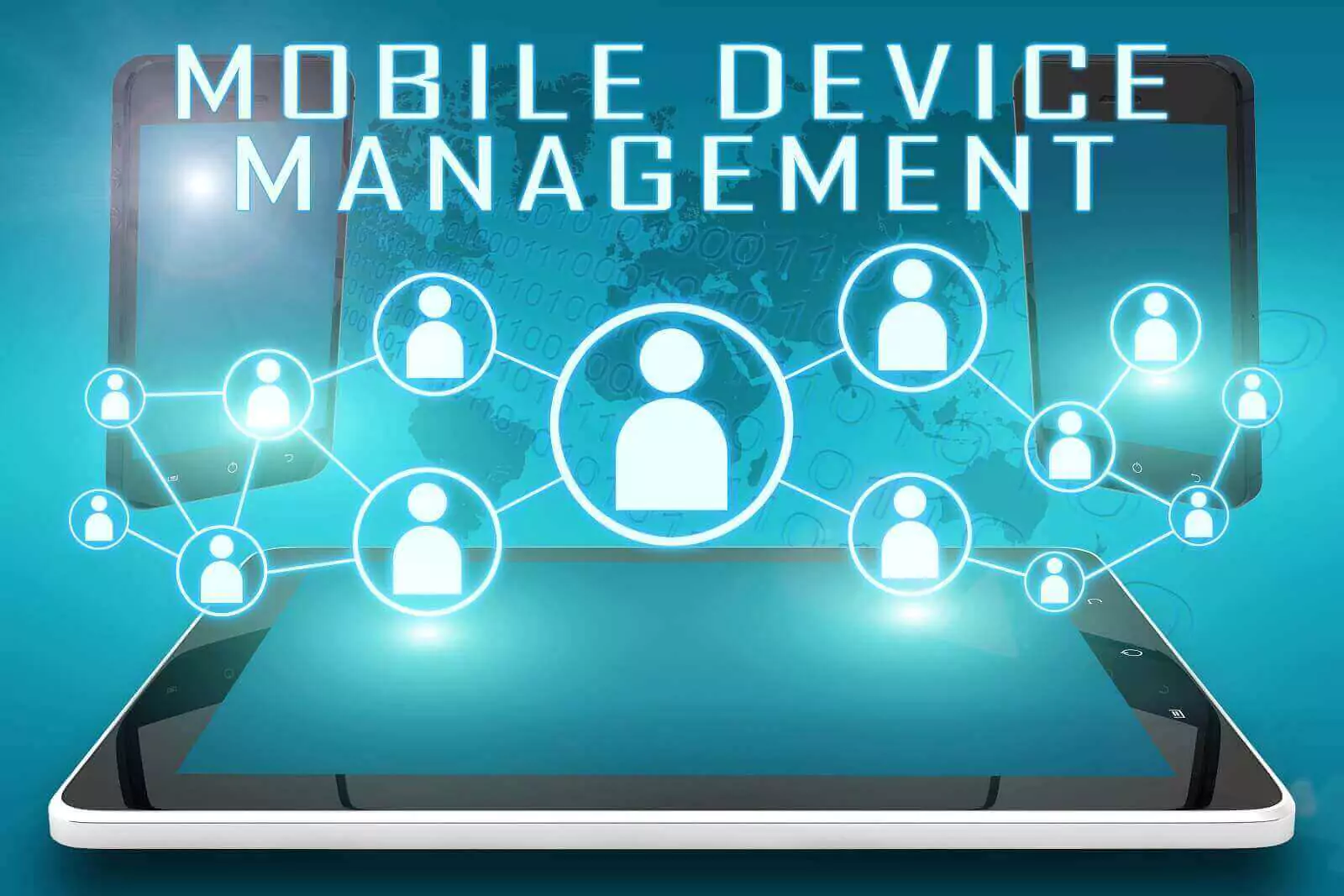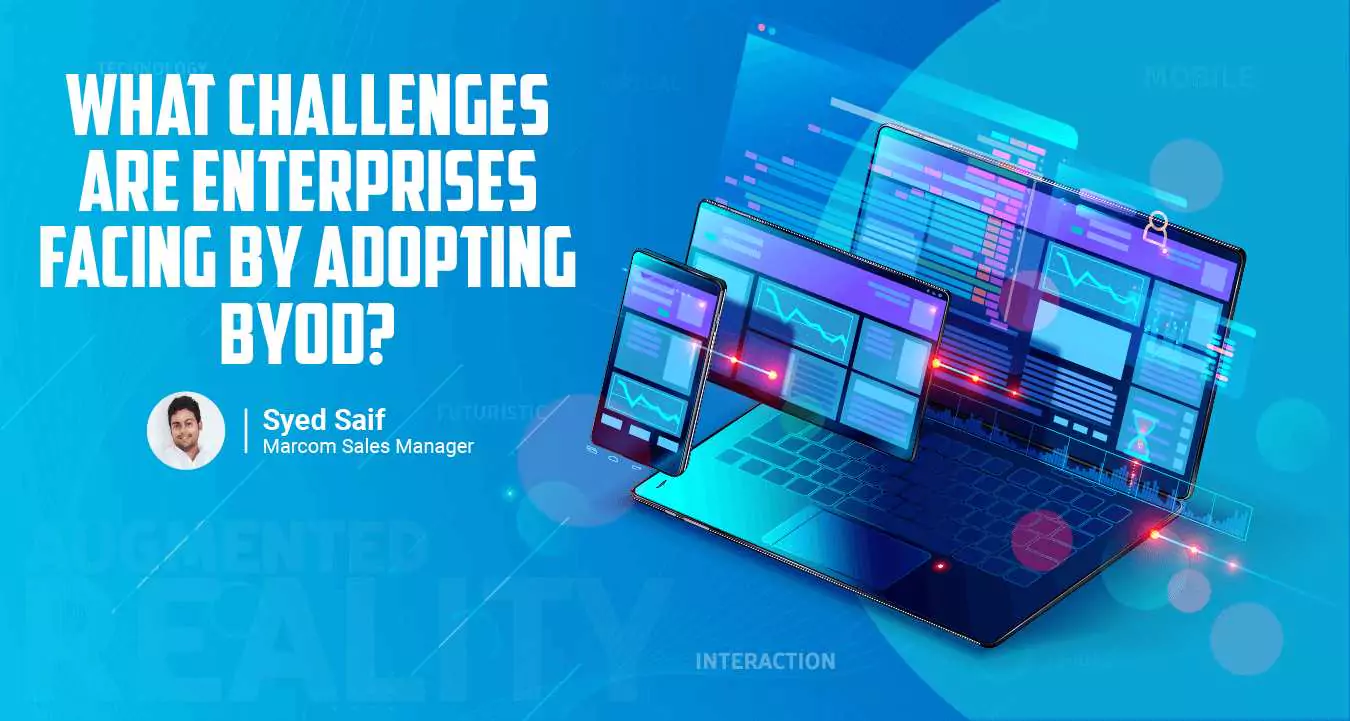Let me start with a simple question: what are enterprises doing to get their office environments just right? The answer by many industry experts is 'Bring Your Own Device' or BYOD. The objective, of course, is to make employees more productive and satisfied which theoretically benefits the enterprise's bottom line.
Before digging into it, let me give you some insights on BYOD:
1. BYOD is one of the latest trends in enterprise mobility along with artificial intelligence proliferation, increased migration to the cloud, Internet of Things, conversational platforms and location-based services
2. According to Beta News, by 2020, the BYOD market is expected to hit $367 billion from $30 billion.
3. As per Cisco reports, companies recommending BOYD will make an annual saving around $350 every year per employee.
4. The basic requirement for mobility enterprise includes bringing your own device, mobile application management, mobile content management, mobile device management, and security.
5. It enhances productivity to benefit enterprise mobility, like customer satisfaction, improved efficiency, employee satisfaction, growth in production.
What Exactly Is BYOD?
Any policy that allows employees to use their personal devices for official purposes anytime, anywhere is known as Bring Your Own Device (BYOD).
The question is how does BYOD help enterprises?
1. It helps businesses reduce infrastructure costs
2. Faster response time
3. More satisfied and engaged workforce leads to increase in productivity

Challenges Of BYOD
Now let's have a look at the challenges enterprises may face by implementing BYOD:
A. Security Concerns - Using BYOD policies might increase the data leaks because an individual employee are likely to have the same level of IT security on personal devices.
This imbalance might be a reason for not protecting customer data and other information related to business. However, wearables are gaining huge popularity with low-security levels.
B. Managing BYOD devices through the organization - This can be challenging for many companies while maintaining the IT systems, which are compatible with different operating systems.
However, if a company is ready to purchase one particular type of device for the employees, then choose a compatible device with existing IT systems.

How to address the challenges?
Is there any solution available to overcome these challenges?
Yes, let's have a look at the solutions available:
Mobile Device Management (MDM) - Mobile device management (MDM) is a security software used by an IT department of an enterprise to monitor, manage, and secure employees' mobile devices.

Mobile Application Management (MAM) - Mobile Application Management (MAM) is similar to MDM, but it can be applied only in specific applications on a particular device, not on the entire device.
For example, an employee can take a selfie while playing on the device. The application will not restrict you to use those features, but if you click on any of the office related apps, then it will ask for login credentials.
The working procedure is the same for encryption, policy controls, and remote wipe. MAM allows IT to encrypt the stored data by the apps and deliver the user's apps to function normally.
Mobile Content Management (MCM) - MCM can also be called a content management system that has the capacity to store and deliver the content and service to the phones and other devices. A majority of smartphone services are cloud-based.
Here's a list of some popular MDM and MAM products:
1. IBM MaaS360
2. VMware AirWatch
3. Citrix Xenmobile
4. APP47
5. AppDNA
6. Microsoft Intune
What is the future of BYOD?
There is no doubt that the BYOD trend is here to stay - especially as new tech-savvy generations enter the workforce. In the workplace today mobile devices have become a necessary asset rather than a luxury, entrenched in how work gets done.
Without a clear, well-communicated policy, organizations will fail to achieve the benefits associated with BYOD. If the benefits are not enough to sway organizations to develop a clear policy, they must consider the potentially dire consequences a single security breach or compliance violation will have on their business.
The proliferation of mobile devices and their usage in the workplace will only continue to expand. Organizations that ignore the BYOD trend or fail to dedicate time and effort to develop a clear policy do so at their own peril.











